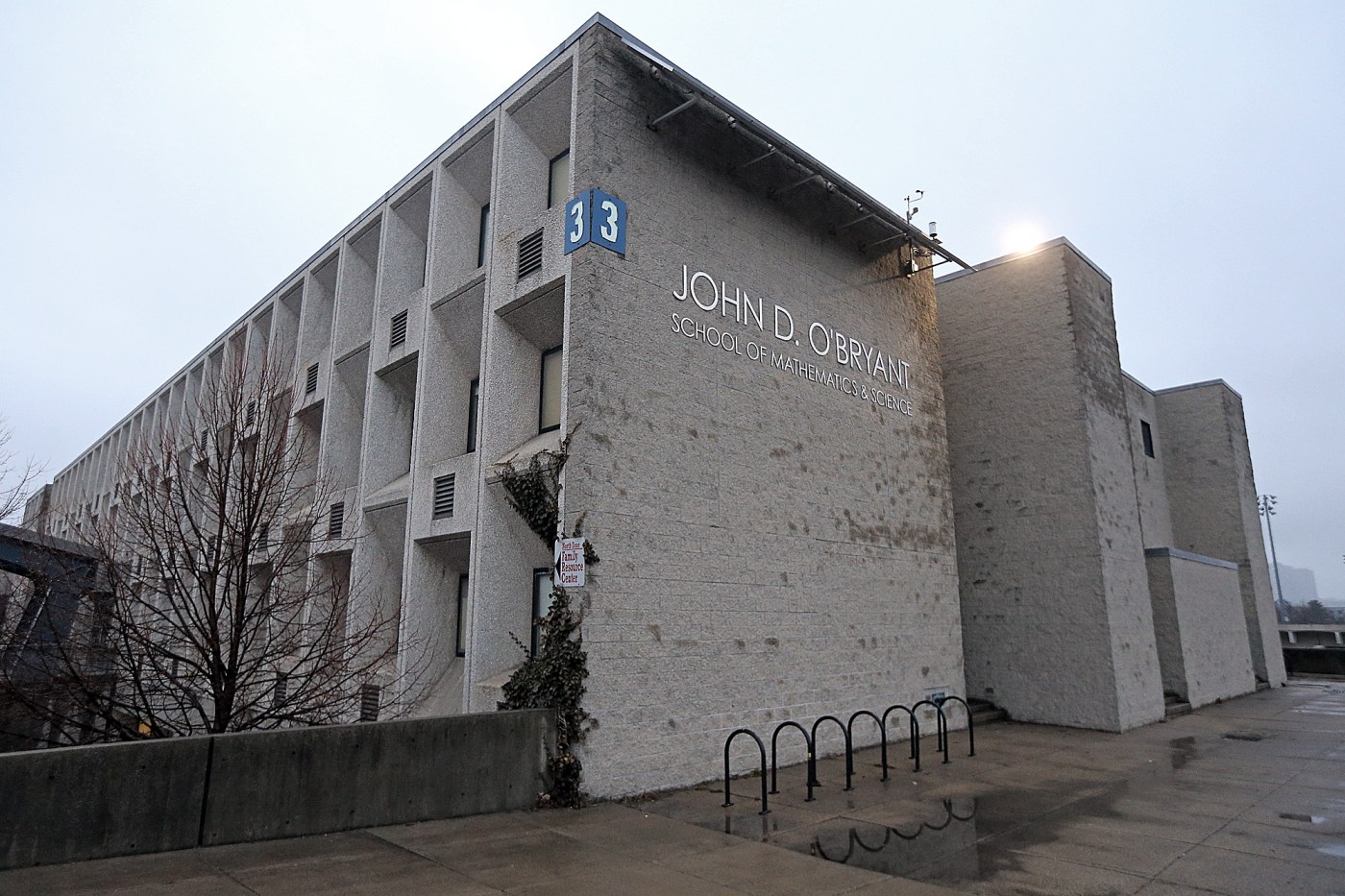
BPS proposes tweak to exam schools entrance
After months of parents pushing back on the new controversial exam school admissions policy, BPS Superintendent Mary Skipper released recommendations to smooth out some of the kinks at the latest School Committee meeting.
Changes to the exam school admissions policy stirred controversy after the first round of invitations to Boston’s exam schools, Boston Latin School, Boston Latin Academy and the O’Bryant School of Math and Science, under the shift went out last spring.
The policy shifted to distribute seats based on a socioeconomic tier system, divided by student’s geographic location, granting students in situations like homelessness and DCF care bonus points, and aiming to increase racial, economic and marginalized communities’ representation at the schools.
Controversially though, some parents argued the policy shift — particularly the choice to give 10 bonus points to students at Title I schools with 40% or higher lower income student population — mathematically excluded some students and created barriers for others, even certain lower income or otherwise disadvantaged students.
The policy was not set to be reviewed for five years, but after parents and school committee members pushed hard for a faster adjustment, the superintendent’s team released a memo in November outlining five options to amend the policy.
These included removing the 10 bonus point system; adjusting the number of points given to students at Title I schools in various ways; or keeping the 10 point system but granting allowances for students with perfect scores, or allowing adjusting the distribution of invitations to be less dependent on tiers.
Skipper said the team had landed on option three, which is listed as “Adjust the number of points from 10 to the point differential by Tier between Title I schools and non-Title I schools.”
The option “allows the district to replace the 10 points with an amount of points grounded in data to account for the average performance of students attending Title I and non-Title I schools,” Skipper said. The option would allow students in each tier to have a competitive chance and not be excluded solely based on a lack of bonus points.
“(The data) shows that with last year’s application, this option maintains the spirit of the policy to have a student body that is socially economically and geographically diverse, while also addressing the concerns raised by members of the school,” Skipper said.
Though most committee members praised the superintendents efforts to make a quick change, not all were satisfied, with member Brandon Cardet Hernandez questioning why the option to look at each student’s individual economic background wasn’t considered.
Whether the shift will satisfy parents remains to be seen. The public may testify on the proposal before the school committee will vote on the policy at a School Committee meeting in January 2024.
“Please do not allow another year to pass where 11-year-old children are forced to miss out on educational opportunities because adults can’t fix the problem,” said BPS parent Deirdre Manning.
Boston Schools Superintendent Mary Skipper (Nancy Lane/Boston Herald, file)


